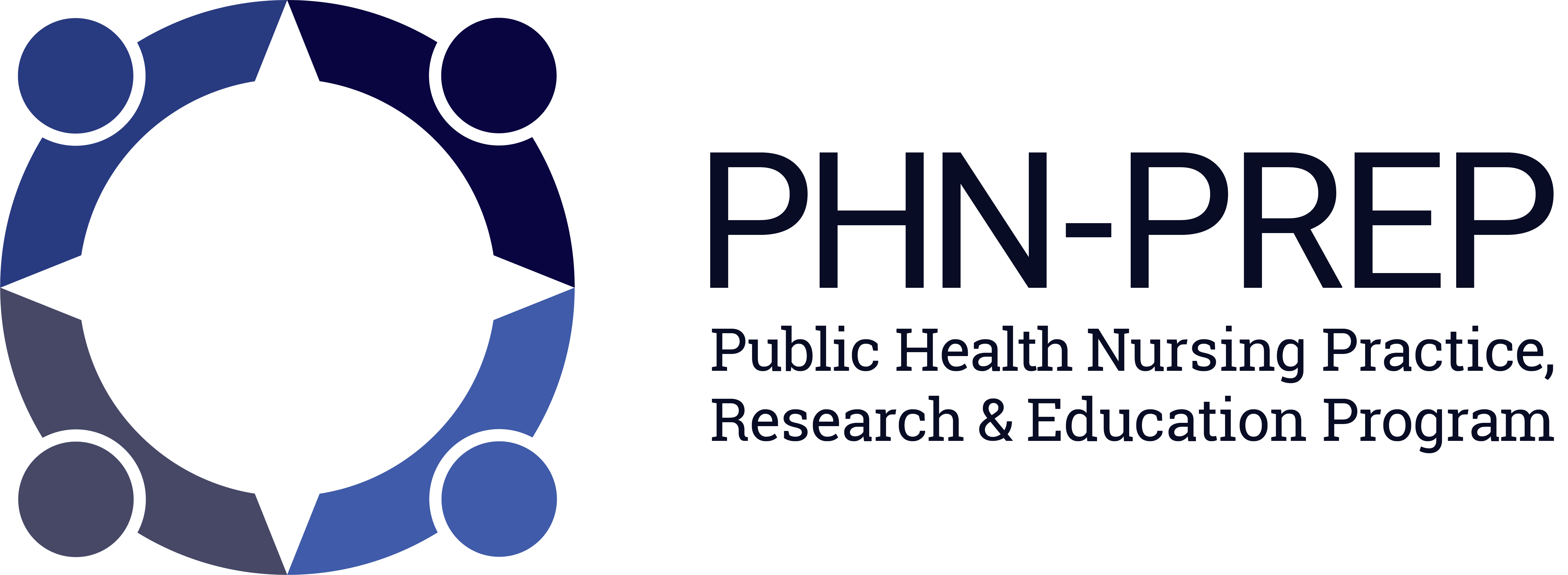
Public health nurses in their home visiting and outreach work with families and children consistently need to identify, analyze, and make sense of complex situations. Additionally, the COVID-19 pandemic affected families’ health and well-being, their sense of safety and financial stability, resulting in more complex needs and difficulties navigating support systems. This emotional load has been hard to carry, and it is important that public health nurses do not carry this load alone.
Reflective supervision supports public health nurses to reflect on the emotions experienced when supporting families and creates opportunities for debriefing leading to a better understanding of their professional practice. High-quality implementation of reflective supervision can positively impact nurse wellbeing, professional development and enhance problem solving and critical thinking skills.1 It is important that nurses and supervisors understand what makes reflective supervision effective and take the time to allow these skills to develop. To maximize the benefits of reflective supervision, there are many things that public health nurses can do to prepare for, engage in, or debrief from their engagement with their supervisor. To facilitate this preparation PHN-PREP has developed a new resource called Reflective Supervision Checklist: Public Health Nurses. Coming soon! A companion checklist to support supervisors prepare and engage in reflective supervision with public health nurses.
Prepared by Jody Shepherd RN BScN CCHN (C)
Public Health Nurse, Middlesex-London Health Unit
1Earle, F., Fox, J., Webb, C., & Bowyer, S. (2017). Research in Practice Reflective Supervision: Resource Pack. www.rip.org.uk.

